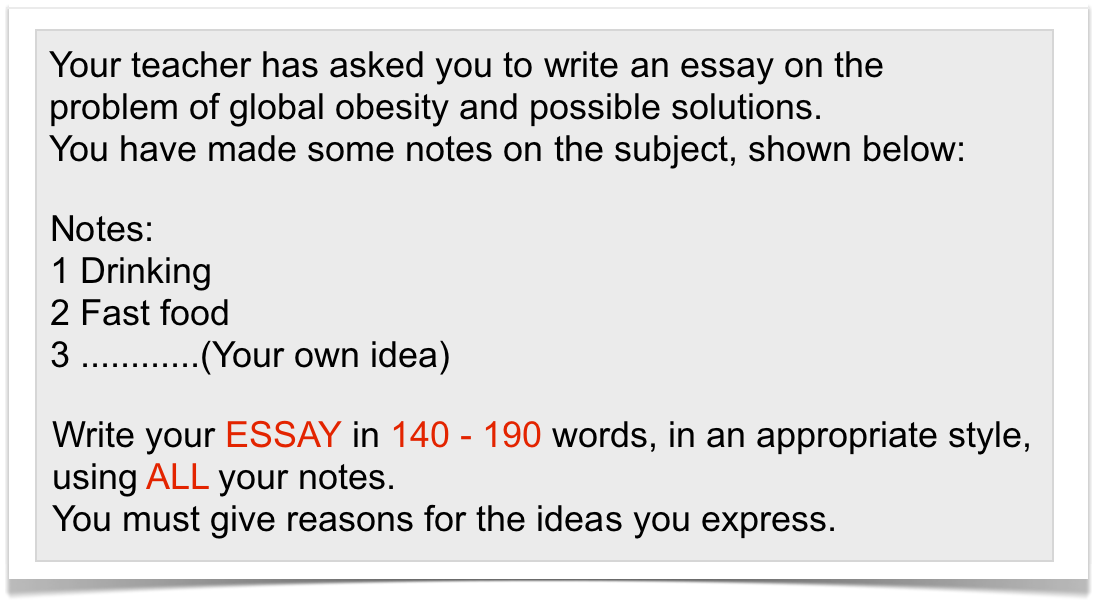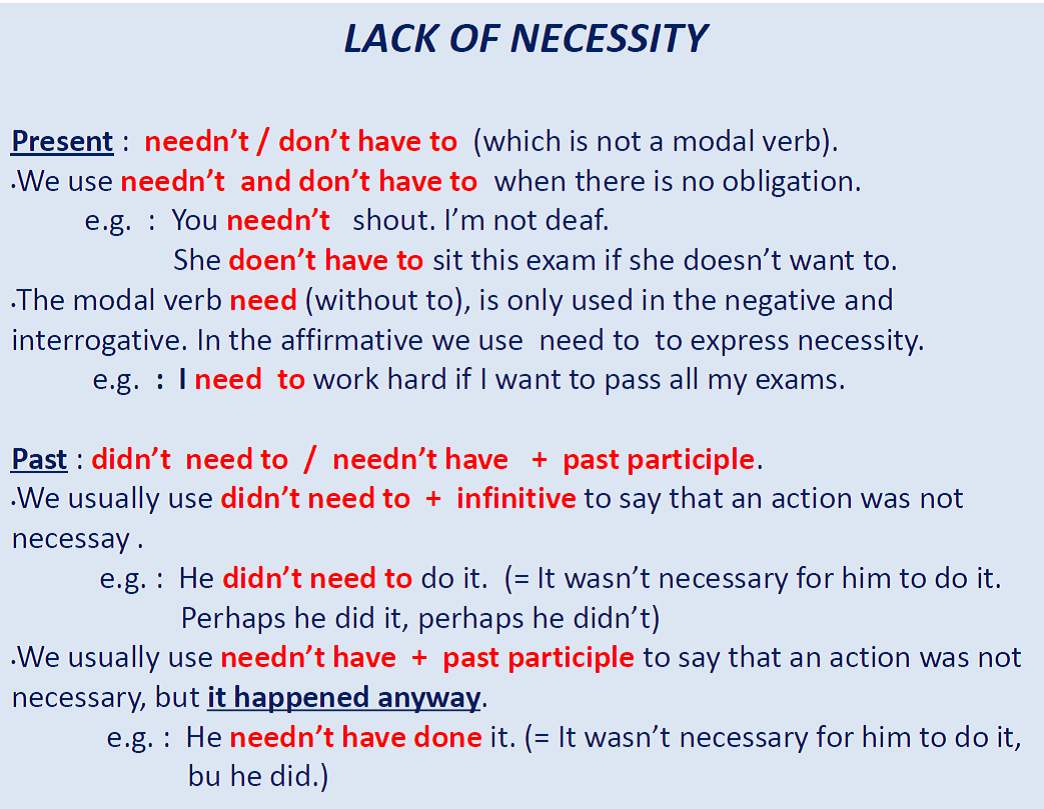Special sentence structure with so:
So + adjective + that clause
This sentence structure is used to talk about a result (that clause) that occurs because of so +adjective. That can be left out of the sentence.
*Adverbs can also be used in this sentence structure:The children were so quiet (that) I didn’t even know they were in the room!The cake was so good (that) we couldn’t stop eating it!
She ran so fast she won the race!
Special sentence structure with too:
too + adjective + infintive (to do something)
This structure is used to explain why someone can’t do something.
I’m too tired to go out tonight.This soup is too hot to eat.She is too young to drive a car!This box is too heavy to carry.I don’t want to go to bed yet! It’s too early (to go to bed).We’re far too young to get married.It’s too dangerous to walk around this neighbourhood at night.There’s no use getting upset. It’s too late to do anything about it now.It’s too good to be true!I can’t go to her party tonight, I have too much work to do!The house was too expensive to buy.Her offer was too good to refuse.
*Adverbs can also be used:
She drove too slowly to arrive on time.
Another special sentence structurewith too:
too + adjective + for someone/something (+ infinitive)
This sweater is too big for me to wear.We can’t go on this roller coaster. Alice is too short for this ride!I’m too old for dolls! = I’m too old to play with dolls!This box is too heavy for me to carry.
Quiz:
1. The soup was ______ hot that I couldn’t eat it.
2. The soup was ______ hot to eat.
3. It’s _______ cold to go outside.
4. There were far ________ people at the party for me to meet them all!
5. Susan Boyle’s CD was _____ good that I rushed out and bought it right away!
6. “Did you buy that new car?”
~ “No, I didn’t. It cost _______.”
~ “No, I didn’t. It cost _______.”
7. He’s _______ a nice guy!
8. We are _______ far away that I don’t think we’re going to be on time for the concert.
9. I can’t stand spending time with her – she is ______ rude!
10. He’s _______ intelligent for his class – he’s not learning anything.
Answers below!
Answers below!
Quiz (Click here to try a quiz)

















